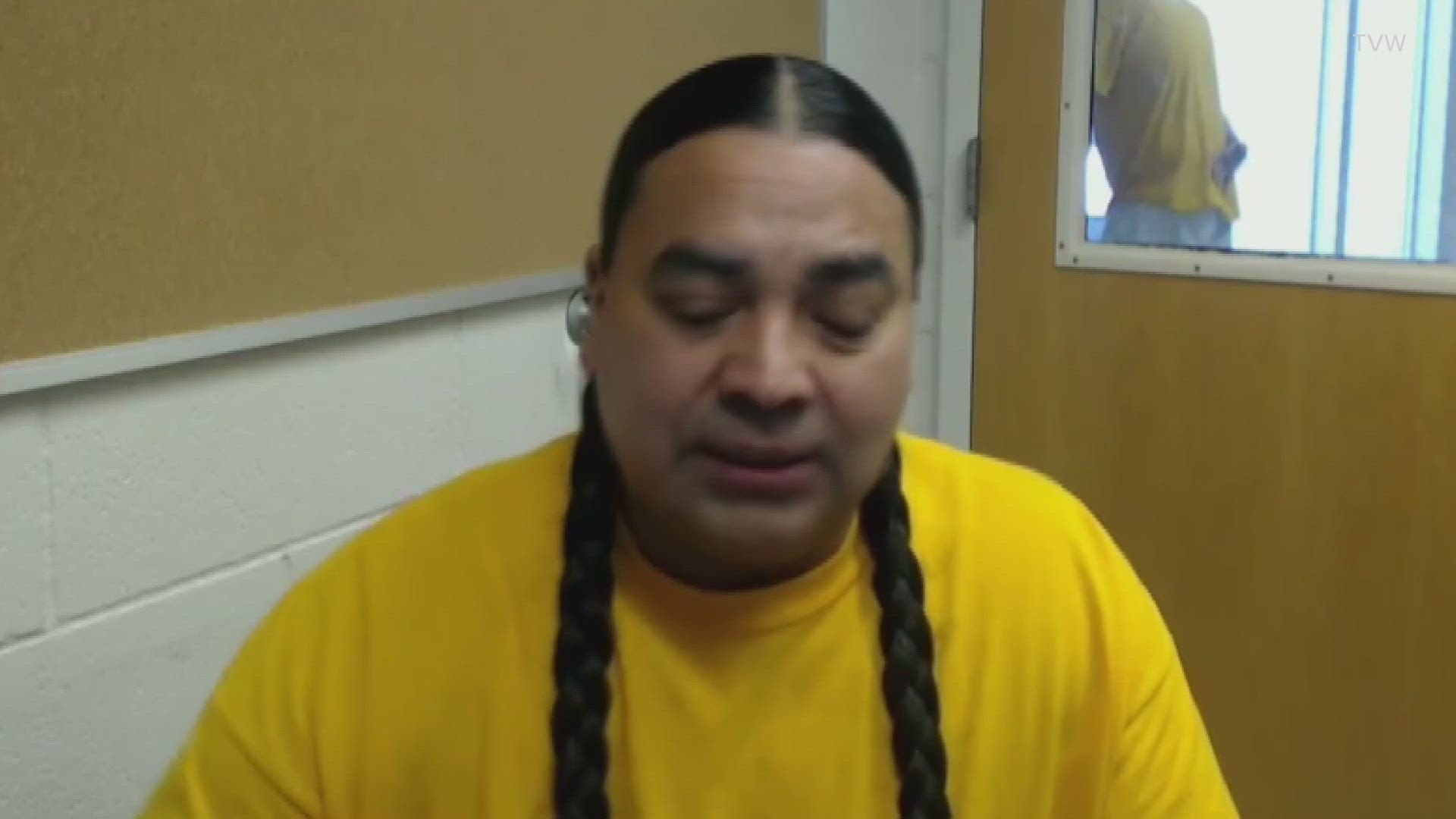OLYMPIA, Wash. — Leadership representing 20 tribal organizations in Washington state are among the voices pushing for a new law that could reduce sentences for inmates currently serving time.
State Rep. Chris Stearns, a lawyer and member of the Navajo Nation, is advocating for a new law, House Bill 2065, that would allow some convicted criminals to be resentenced if their juvenile record was considered as part of their punishment process – something the state no longer allows as of last year.
“There is a lot of success, but at the same time, there is a lot of that intergenerational trauma, and this bill is about breaking that cycle,” Stearns said. “This is for people who have changed their behavior, who have decided to make amends – who have basically been through a rehabilitation process. It’s not for people who show no remorse,” he continued.
The bill's advocates argue that Native American men have had their juvenile records considered as part of their sentencing more than any other race – pointing to Washington state Department of Corrections records that show that 41% of incarcerated Native Americans had juvenile sentencing points on their records.
“They’ve already committed these crimes as a juvenile, now they go on to commit a murder, and that shouldn’t count that we show what their propensity to violence is?” said state Rep. Jenny Graham.
Graham opposes the bill, arguing it would give teen offenders a free pass.
“We have already had these cases rightfully adjudicated in a separate branch of government. Now we have newly elected people who are coming in and saying, ‘We don’t agree with that.’ Well, I don’t think that’s their place to say, we don’t agree with that.
Current inmate, convicted murderer Travis Comeslast, disagrees and offered testimony via video conference from prison.
“I served my punishment for these bad decisions but I’m still being punished, this has increased my sentence by 17 years – a harsher punishment than anyone sentenced today,” Comeslast said.
The bill is currently being debated in the House – it is expected to be voted on, and if passed, it will move to the Senate for consideration.
His juvenile record added 17 years to his prison time. A new bill would allow him to be resentenced
The bill's advocates argue that Native American men have had their juvenile records considered as part of their sentencing more than any other race.

